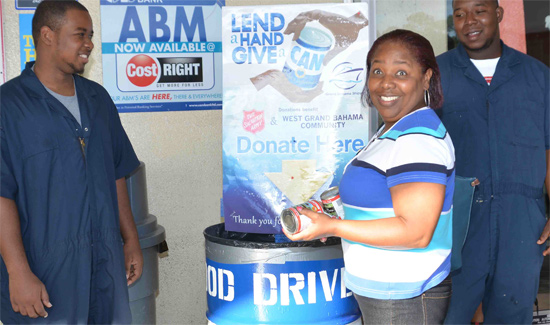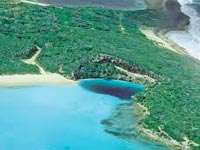Wealthy foreigners who live in the Bahamas are skewing statistics that are used to rate nations and calculate international funding.
Many international organzations rely on basic statistics to determine a nation’s eligibility for funding and for assessing the country’s rankings in comparative listings.
For instance, the Bahamas ranks high on the list of countries for the number of computers per capita.
In reality, a large percentage of Bahamians do not own computers and never go online. But because many of the wealthy foreigners living or working in The Bahamas have several computers in their household or office, it skews the per capita average, making the Bahamas appear more computer literate than it really is.
This is true of many other statistics and, in some cases, it works against service organisations trying to access international funding.
With a published per capita income averaging $30,000, Bahamian non-profit organizations are sometimes ineligible for grants, because the population is too wealthy.
Again, the reality is that far too many Bahamians do not even have indoor plumbing or electricity in their homes.
An article in the Tribune quotes Terry Miller, president of Civil Society Bahamas, an umbrella body for civic organisations:
“On the one hand the country is compared economically to other Caribbean jurisdictions by inter-governmental agencies. We are considered among the wealthiest. At the other end of the spectrum, many of our community service organisations (CSO) are among the poorest in the region,” Miller said.
“Why is that? In most instances our Caribbean counterparts are eligible for international grants, and we are not. USAID and several others tells us that we are too wealthy,” he added.
“While we boast a vibrant civil society, and a comparatively ‘rich’ economy, we are really not nearly as strong as we can be,” said Mr Miller.
A more accurate method of calculating would be to take the “mean or mode” income, which would be determined by looking at the middle income range, or the most frequently earned income. This would certainly create a different picture for national income statistics.
The per capita income calculation includes not only the people who in live in poor sttlements in Acklins and Crooked island, but also those who live in Lyford Cay, and those who own their own islands. While they might not be Bahamian nationals, their income is included in the average because they are residents.



